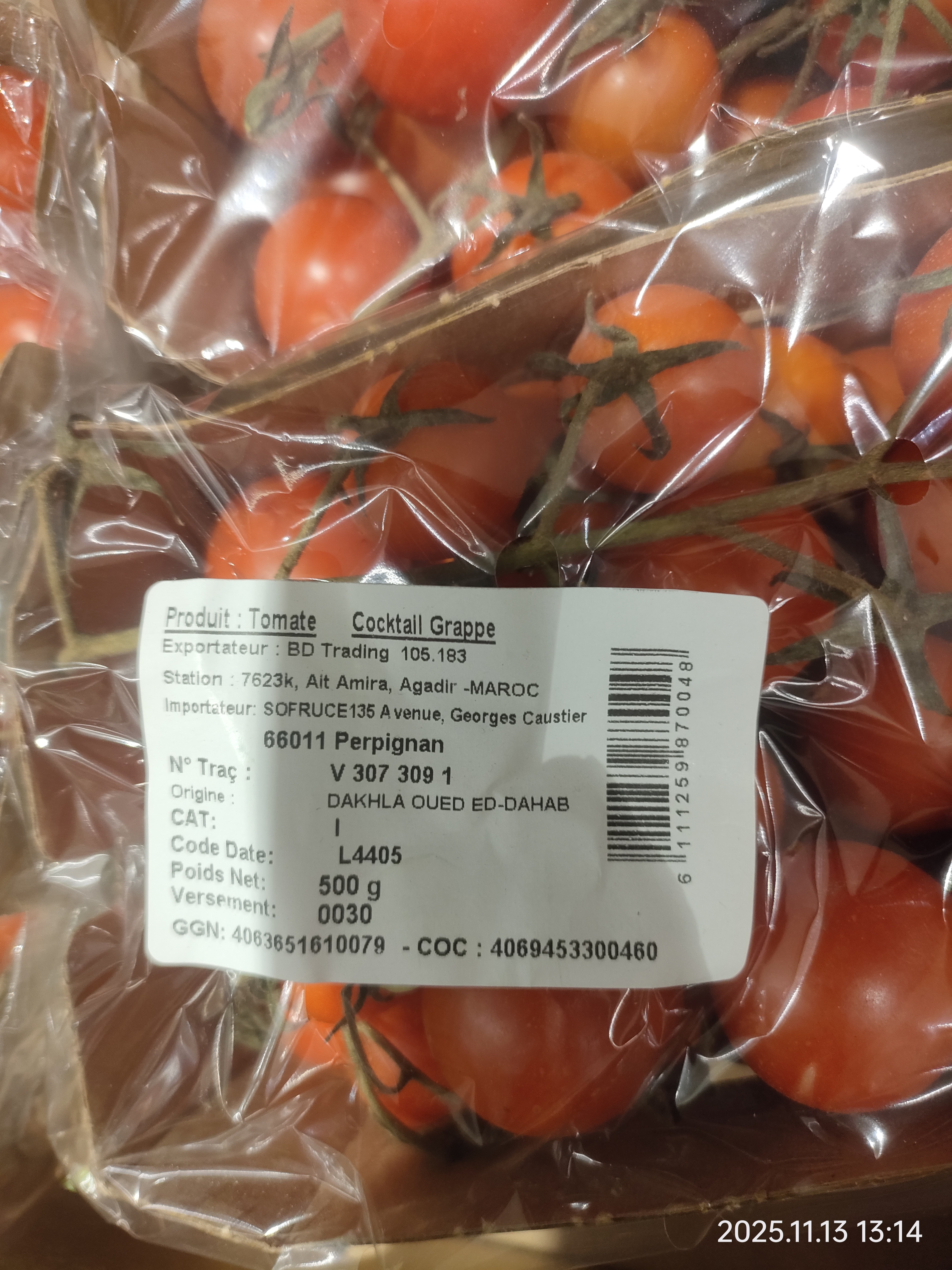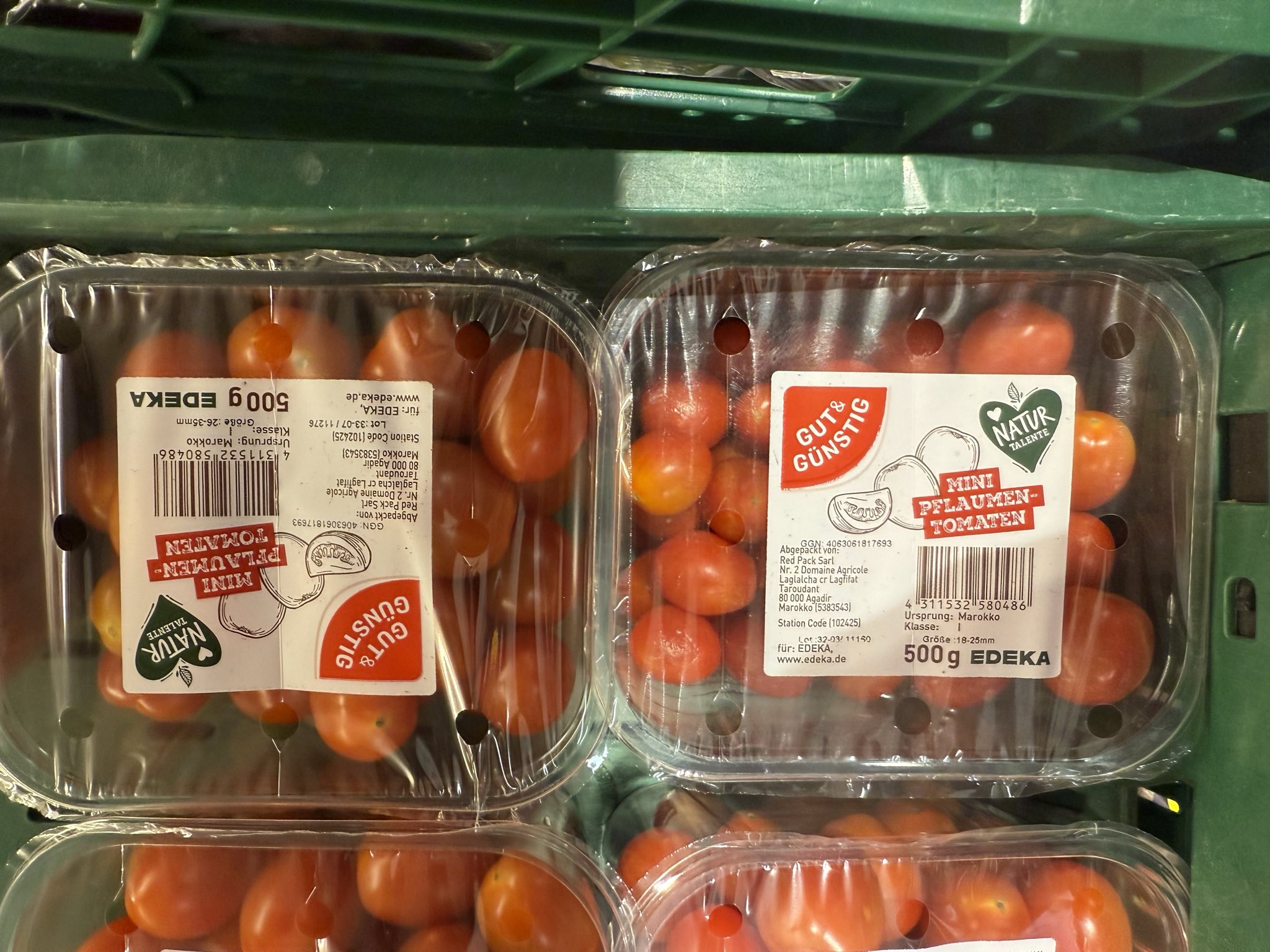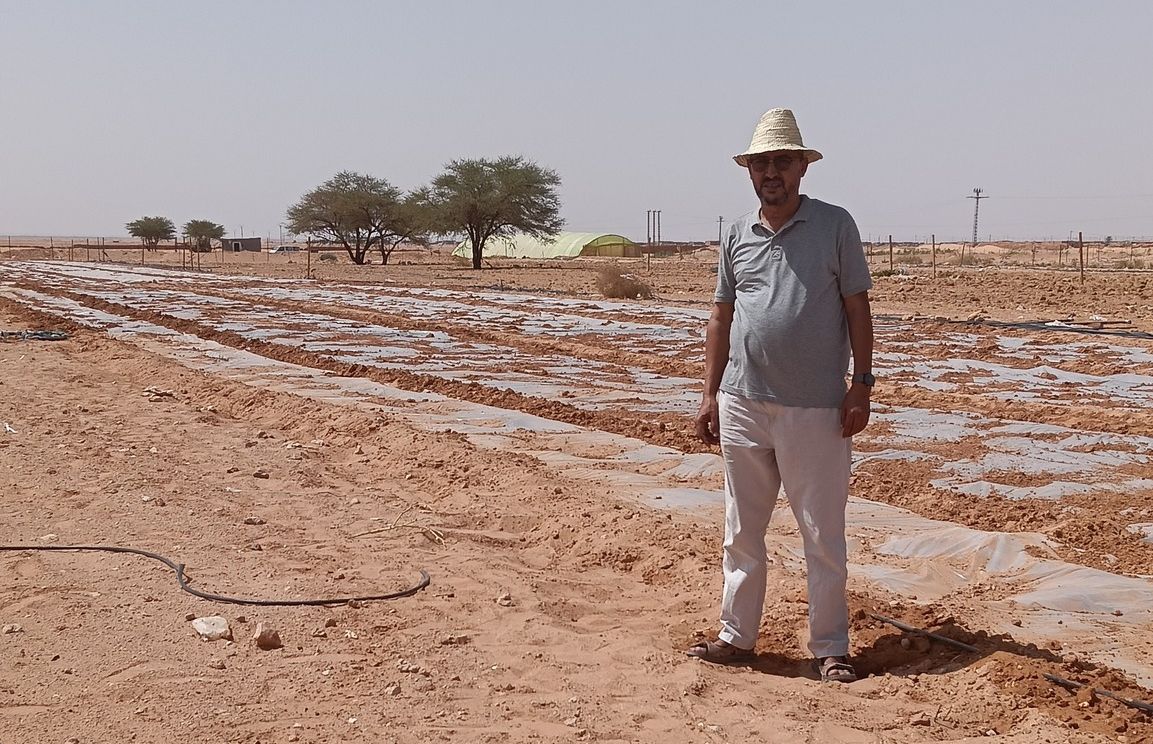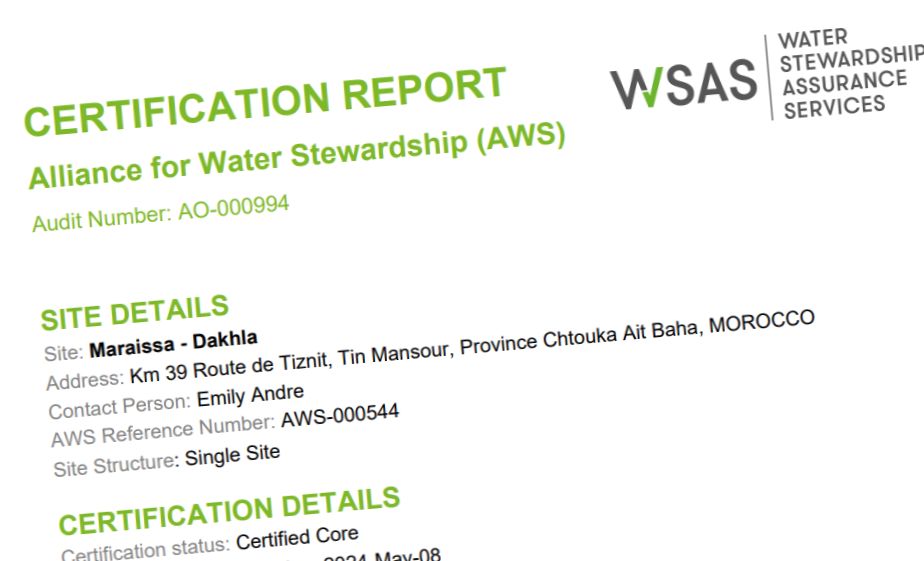Spanish farmers object EU tomato deal in Western Sahara

The EU could be signing an Agricultural Agreement with Morocco that also covers the territory of Western Sahara. The Spanish farmers demand that the agreement be stopped.
Published 18 November 2010
The Spanish farmers' association Coordinadora de Organizaciones de Agricultores y Ganaderos de Canarias, stated to Europa Press this month that the planned EU agricultural with Morocco is illegal, since it includes occupied Western Sahara.
“If ratifying the agreement as it is now, the Parliament will commit a violation of the law”, stated the COAG president, Rafael Hernández, to Europa Press, referring to the industry on the occupied territories.
A delegation from COAG has over the last days been working vis-à-vis the European Parliament’s Agriculture agreement to stop the agreement.
The lack of geographical scope of the drafted Agricultural Agreement has the same legal faults as the more mentioned fisheries agreement, which all independent institutions - such as the Legal Services of the European Parliament - have found to be illegal.
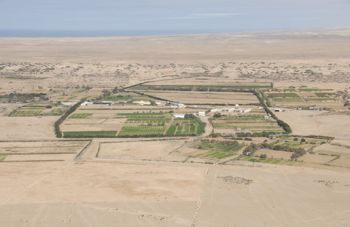 Over the last few years, Morocco has moved in thousands of more settlers to work on the tomato farms in the occupied territories. These illegal farms could through the EU-Morocco deal be put in competition with the European Union's own tomato producers.
Over the last few years, Morocco has moved in thousands of more settlers to work on the tomato farms in the occupied territories. These illegal farms could through the EU-Morocco deal be put in competition with the European Union's own tomato producers. The southern part of Western Sahara, where the tomato industry is mostly located, was first occupied by Mauritania. When Mauritania withdrew from the area in 1979, Morocco occupied it instead. The UN General Assembly reacted to the Moroccan extension of the occupation in Resolution 34/37: “Deeply deplores the aggravation of the situation resulting from the continued occupation of Western Sahara by Morocco and the extension of that occupation to the territory recently evacuated by Mauritania””, while paragraph 6 “Urges Morocco to join in the peace process and to terminate the occupation of the territory of Western Sahara”. Download resolution.
According to a Moroccan newspaper, the King of Morocco has himself ownership over the land in Dakhla used for the industry.
The tomato farms are also considered to be controversial seen from an ecologic perspective. The industry is non-sustainably taking its water from the non-renewable reservoirs under Dakhla.
News
EU’s labelling chaos already hitting supermarkets
A packet of cherry tomatoes sold this week in a French supermarket illustrates the confusion triggered by the European Commission’s rushed attempt to adapt EU consumer and trade rules to Morocco’s claims over occupied Western Sahara.
17 November 2025
Beware of products carrying a “GGN” code
Tomatoes from occupied Western Sahara, certified by GLOBALG.A.P., are being sold in German grocery stores with a false country of origin.
05 September 2025
Farmer in exile: GLOBALG.A.P. is certifying injustice
A Saharawi refugee farmer expresses shock about the German certification scheme qualifying Moroccan agriculture in his illegally occupied homeland as sustainable.
03 September 2025
Alliance for Water Stewardship legitimises illegal occupation
An organisation that promotes responsible use of freshwater lends a hand to the controversial French-Moroccan agri-business Azura in occupied Western Sahara.
01 August 2025
